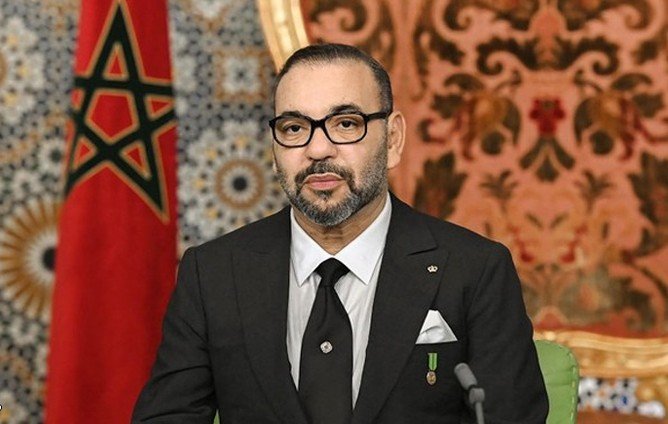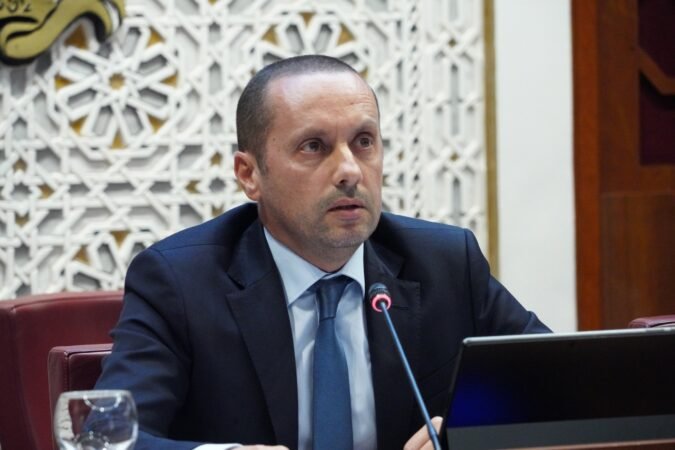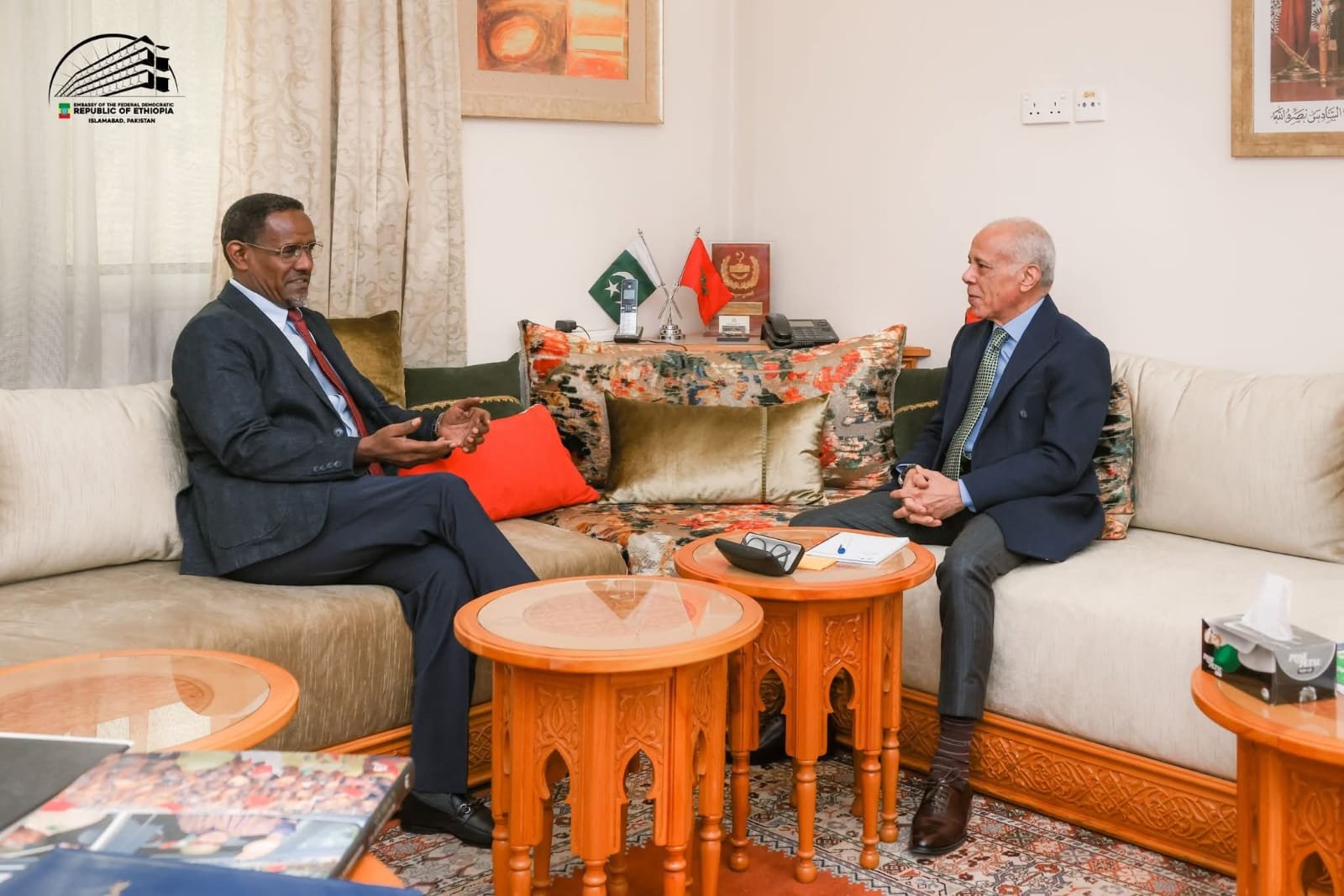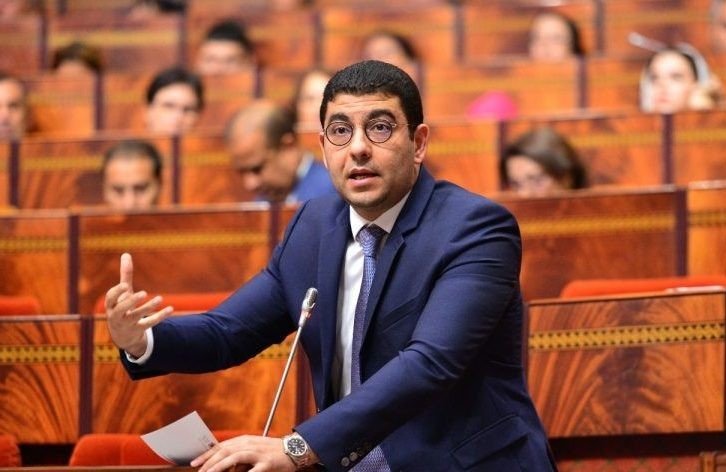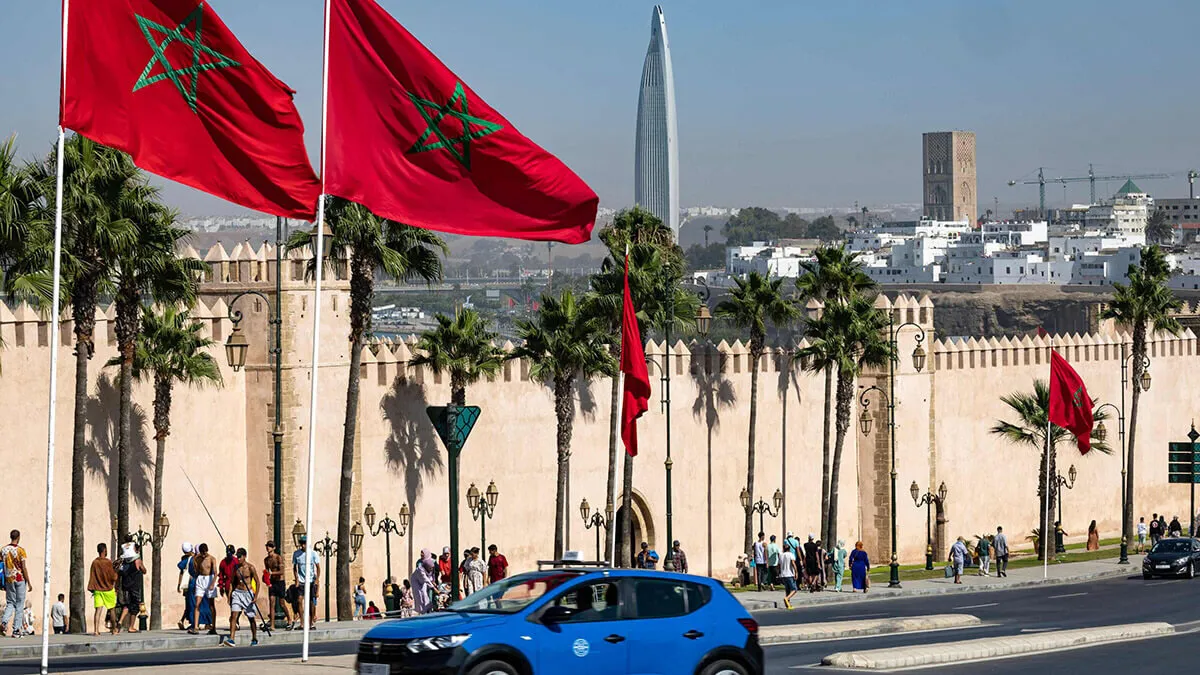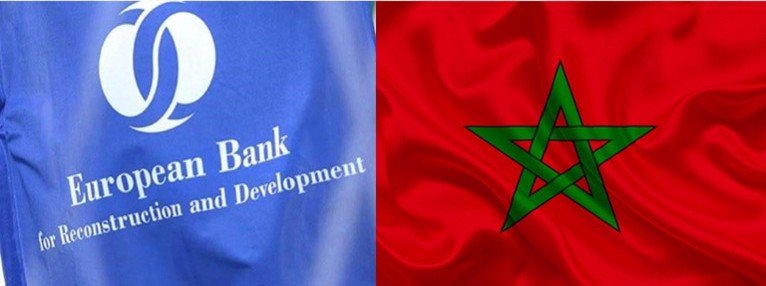Casablanca, July 10, 2025 – The Europe Today: Morocco’s Minister of Energy Transition and Sustainable Development, Leila Benali, presented the country’s bold low-carbon development strategy at the second “Scaling of Carbon Markets in Africa” conference, held in Casablanca on Tuesday.
Speaking at the high-level event organized by the Casablanca Finance City Authority and CDG Group in collaboration with international partners, Minister Benali emphasized that Morocco views carbon markets not merely as technical compliance tools, but as pivotal instruments for ethical, strategic, and economic transformation.
“This is not about checking boxes. This is a deeply ethical, strategic, and economic choice,” she asserted, underscoring Morocco’s commitment to integrating carbon market mechanisms into its broader development model.
A Holistic Approach to Carbon Markets
Benali highlighted that Morocco’s proactive stance on carbon markets predated the finalization of Article 6 of the Paris Agreement. The country, she said, sees climate action as a national priority rooted in its unique competitive advantages. “Climate action should no longer be the privilege of big emitters,” she noted. “It must reflect an inclusive, opportunity-driven model.”
The minister underscored the integration of carbon strategies across Morocco’s energy, economic, and social sectors, positioning the country as a regional leader in sustainable development.
Decisive Energy Reforms and Transition
In the face of geopolitical pressures—such as the 2021 cessation of gas supplies from Algeria—Morocco demonstrated resilience by bolstering its energy infrastructure, including pipeline enhancements designed to accommodate natural gas and future green hydrogen.
Benali announced Morocco’s plan to eliminate coal from its electricity mix by 2030. As part of this commitment, coal-based projects in Nador and Jarada have been officially cancelled. Additionally, the conversion of fuel oil turbines to natural gas is progressing, with the Nador West Med project set to become Morocco’s inaugural LNG terminal.
Advancing Carbon Certification and International Collaboration
Minister Benali also highlighted Morocco’s growing network of international partnerships. The country has established bilateral agreements with Switzerland, Singapore, South Korea, and Norway to develop high-impact climate projects.
Domestically, the government has launched the “Carbon Balance Morocco” initiative in partnership with the Mohammed VI Foundation for Environmental Protection, the Moroccan Agency for Energy Efficiency, the Ministry of Industry, and other key institutions. This project aims to standardize and monitor Morocco’s carbon performance, supporting both private and public sector decarbonization.
Pioneering Green Standards and African Leadership
As part of its ambition to become a strategic corridor for energy and mineral transition between Africa, Europe, and the Atlantic basin, Morocco is developing an ESG (Environmental, Social, and Governance) certification system for critical raw materials extracted or processed within its territory.
Benali called for Africa-led standards to enable greater access to climate finance across the continent’s mineral value chains. She also revealed that Morocco is working on a national certification system for green electrons and is taking steps to liberalize its medium-voltage electricity market.
Carbon Certification as a Competitive Lever
In response to the European Union’s Carbon Border Adjustment Mechanism (CBAM), Benali said Morocco views carbon certification as a crucial instrument for enhancing the competitiveness of its exports, maintaining market share, and facilitating industrial decarbonization.
“Carbon certification is not just about compliance — it is a tool for competitiveness and sustainable growth,” she emphasized.
Morocco’s comprehensive and forward-looking approach to carbon markets positions it as a continental exemplar for transforming climate challenges into economic opportunities, rooted in strategic planning, international cooperation, and climate equity.

